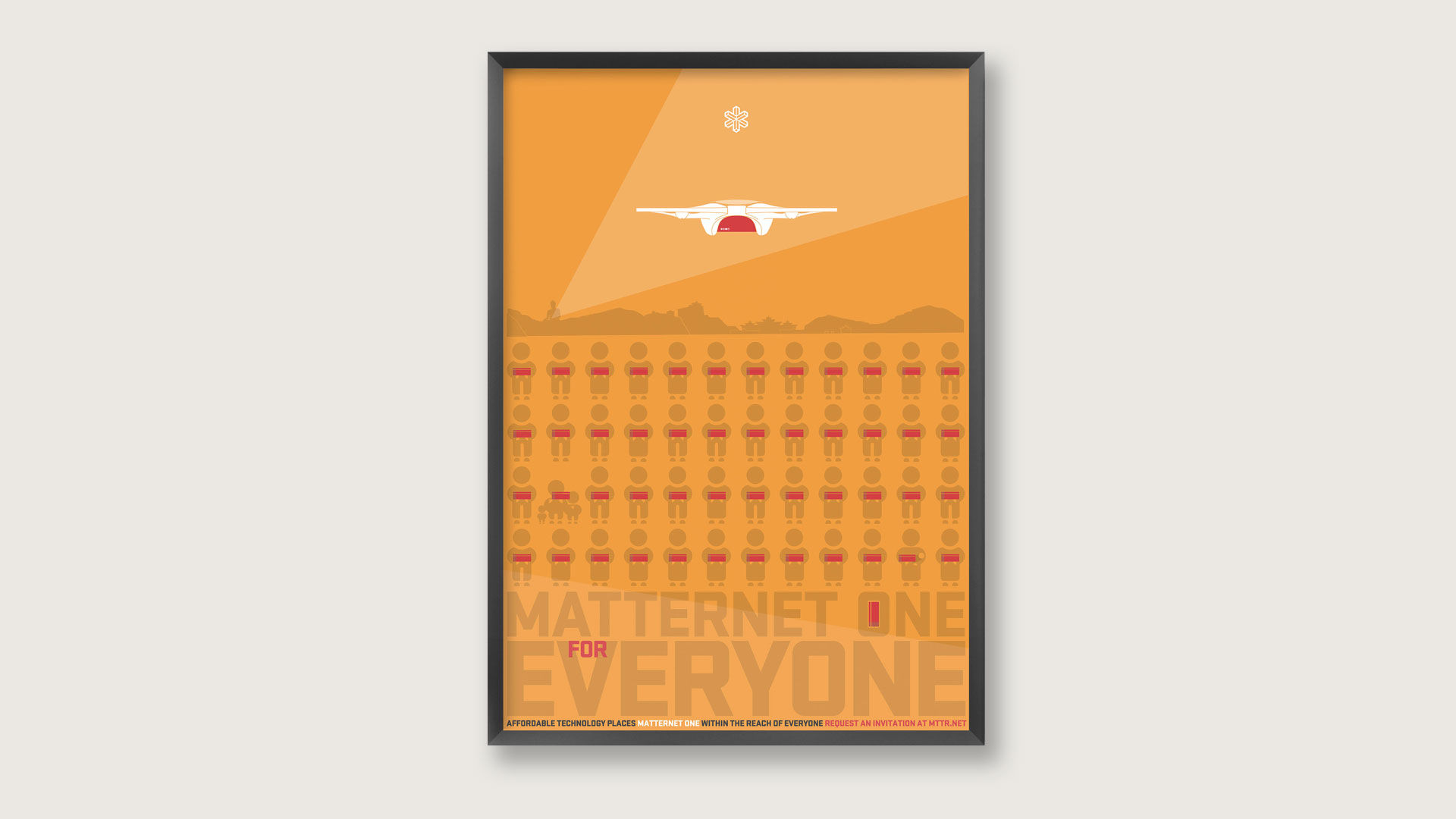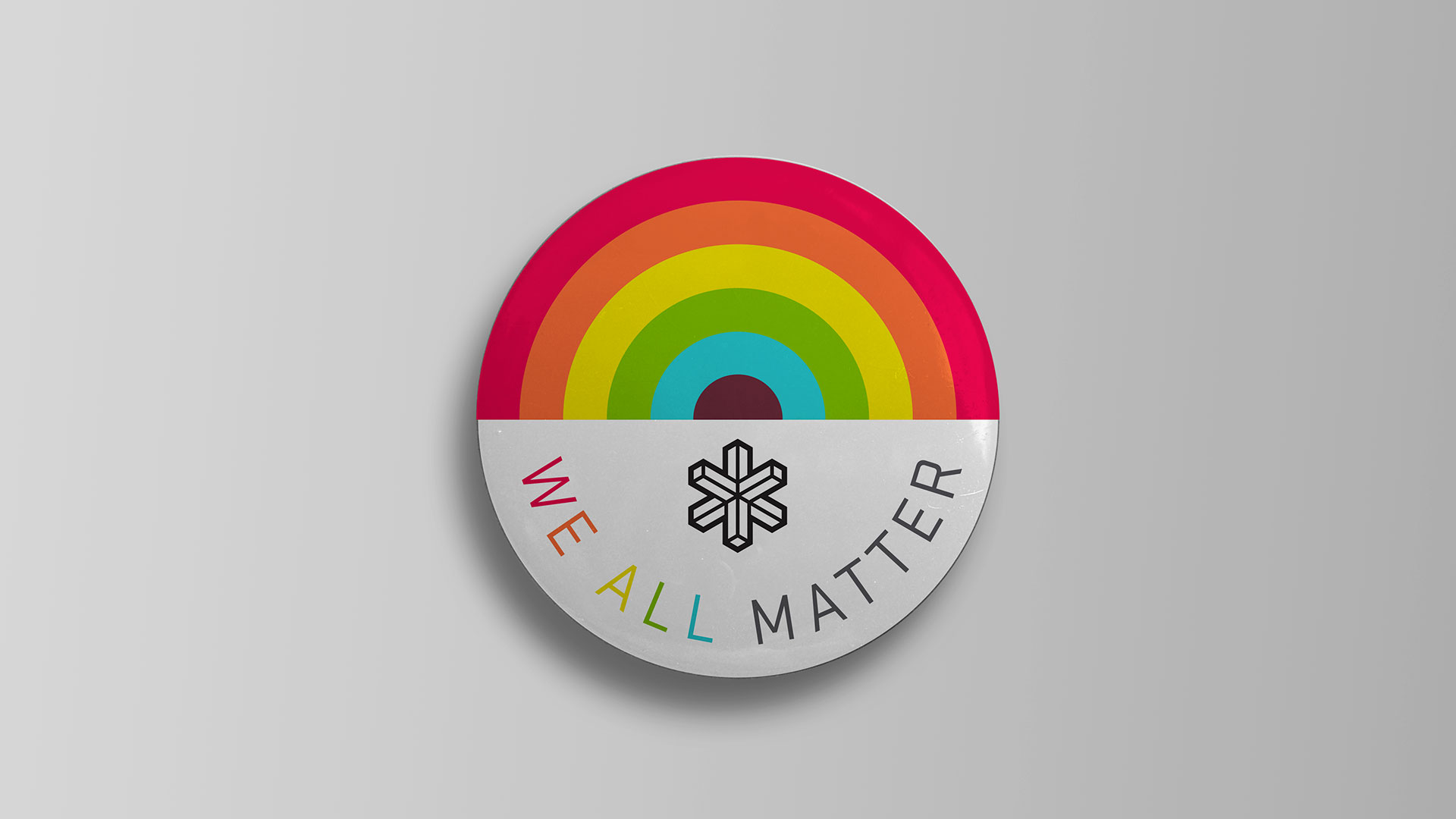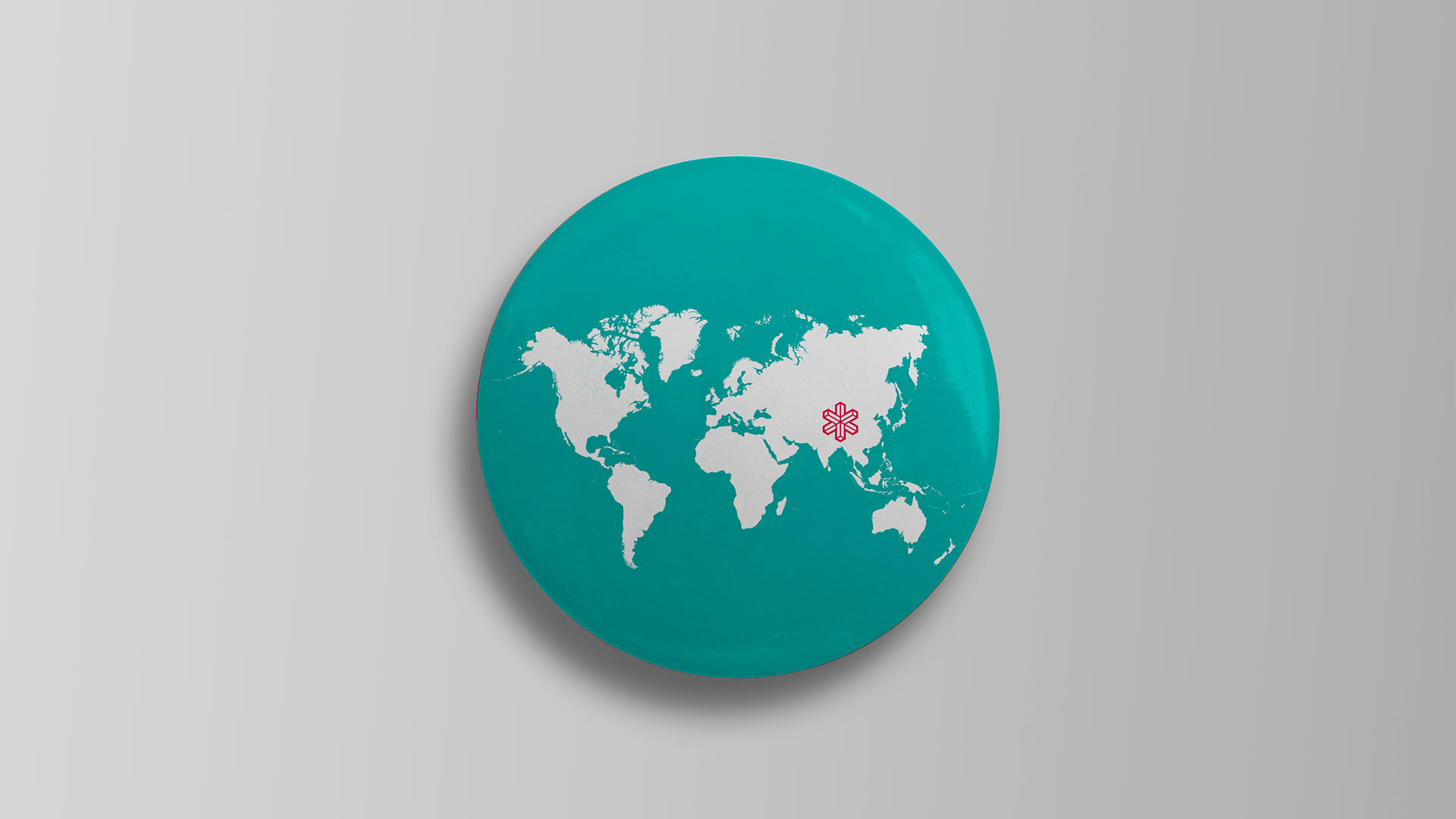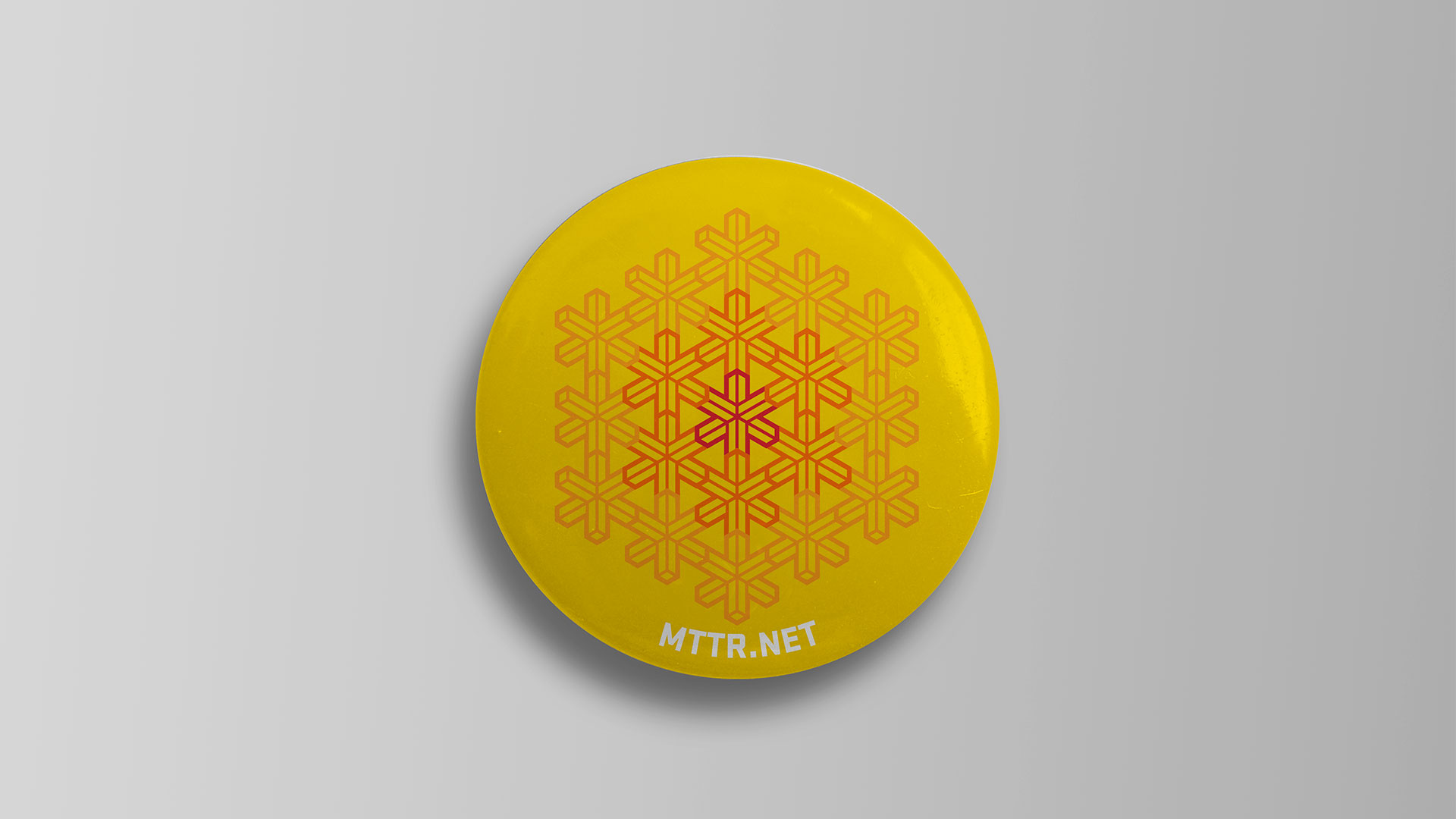
A modern transportation network
I was the founding Chief Experience Officer of Matternet which is a pioneering transportation startup. In 2013 Matternet, released a network of autonomous aerial vehicles to transport medication and diagnostic samples to communities who live beyond the reach of all season roads. Matternet received the award of World Economic Forum Technology Pioneer in 2016.
My role allowed me to unify User Experience, Marketing and Physical Product design from the inception of a company. Iterating Hardware, Software, Brand and Business Model together created the greatest potential for product to market fit, much needed in a dynamically changing market.
The launch product M1, needed to clearly differentiate our product and company. The principle of designing the drone around the payload created a radically different vehicle from Military or Camera drones and a different positioning for the company. For us to survive we needed our product to define the category.
Placing the payload at the center of the craft gave the most protection but it had never been done. The transmissive hole through the vehicle clearly enabled the user to insert the payload from the top and the vehicle to deliver the payload from the bottom but meant rethinking the placement of sensitive navigation and control systems.
Ultimately the unique design became a distinguishing factor for Matternet. Clients asked for M1 by name and it became widely photographed by the international media which set Matternet apart from the competition.
M1 received broad acclaim and has been displayed at the Smithsonian, The Computer History Museum and is included in the permanent collection of the Design Museum in London.
Designing for change is always a marriage of clear principles applied with flexibility. This was the ultimate test of my earlier thinking on Brands as Patterns, flexible responsive Brands and Products has become a necessity for all companies in dynamic markets.
The Team
UX, Strategy, Design and Brand – Marc Shillum
Industrial Design – Ido Baruchin
Founders – Andreas Raptopoulos & Paola Santana
Photography – Giles Revel, Aris Messinis, Khonje and Bodole
System Design – Sunjin Kim

My first day at Matternet I mapped out the steps for people to value and love something they could easily fear. Interacting with a vehicle that you couldn’t fly could be magical, but it could also create many experience hurdles.
Drone Transportation – a completely new category with a new legal framework – needed to be defined showing a clear path to pubic acceptance and end value.
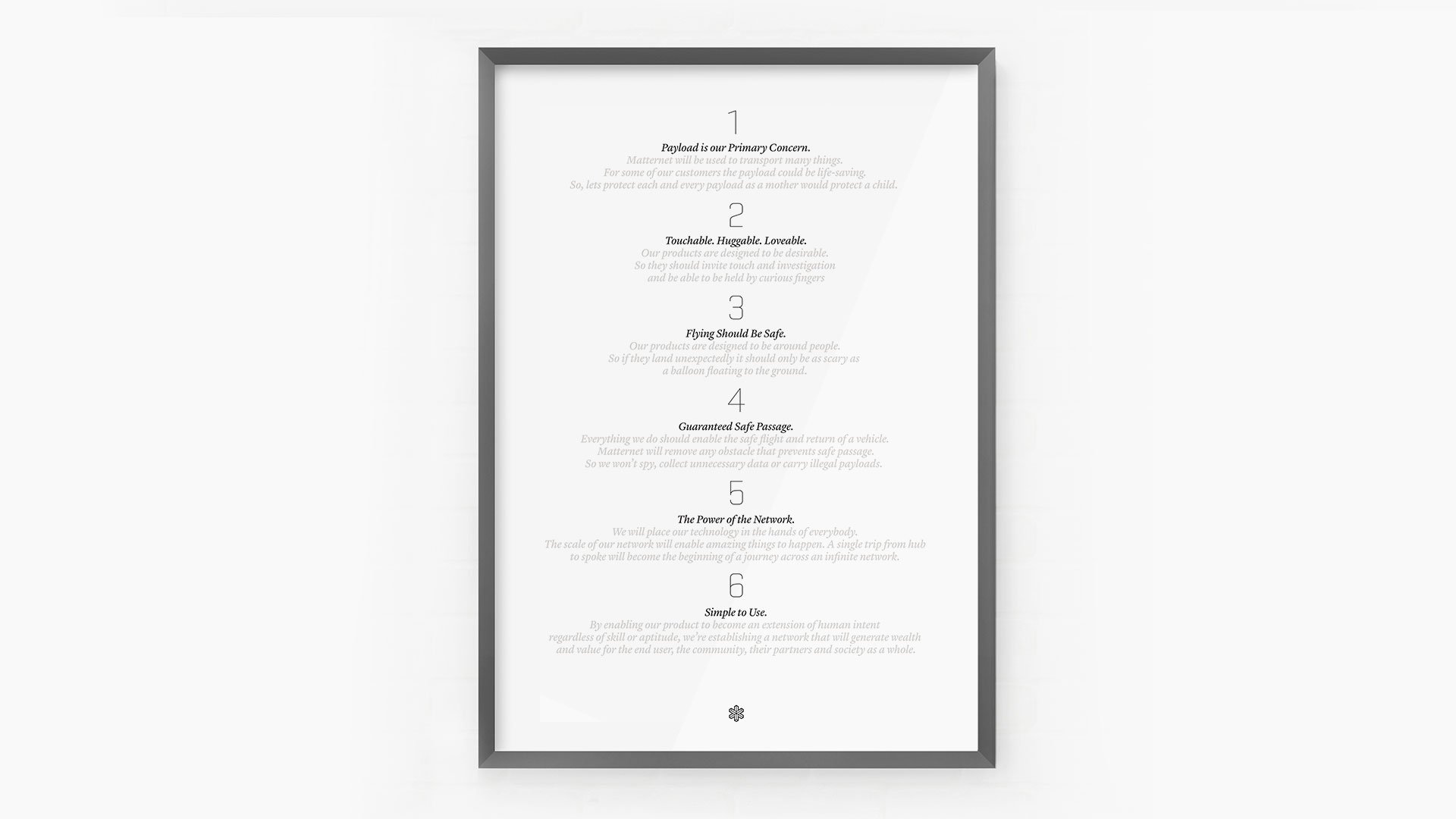
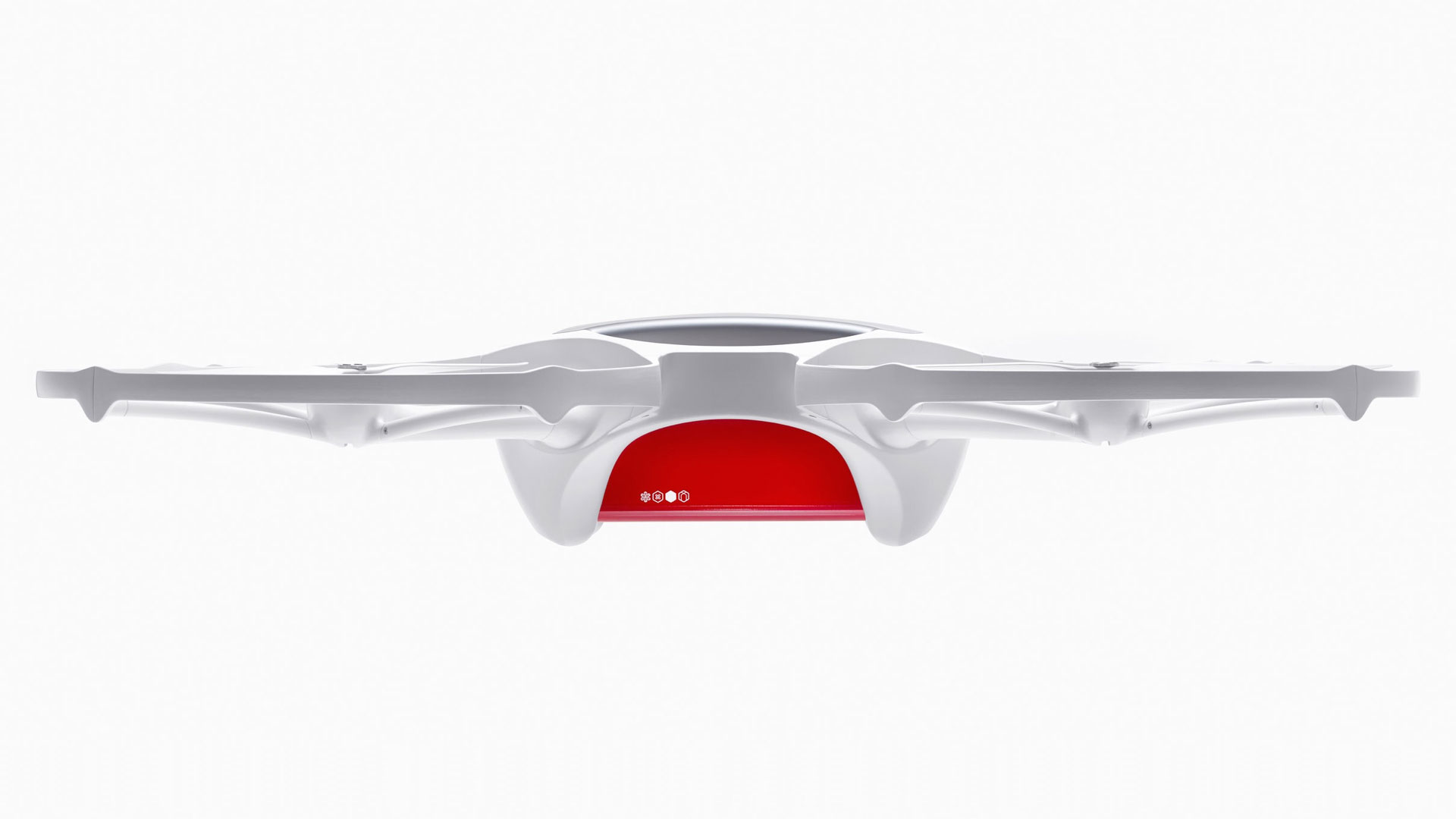
There were two categories of drones, military and camera. It became clear that in order to create an iconic transportation drone it would need to be clearly differentiated.

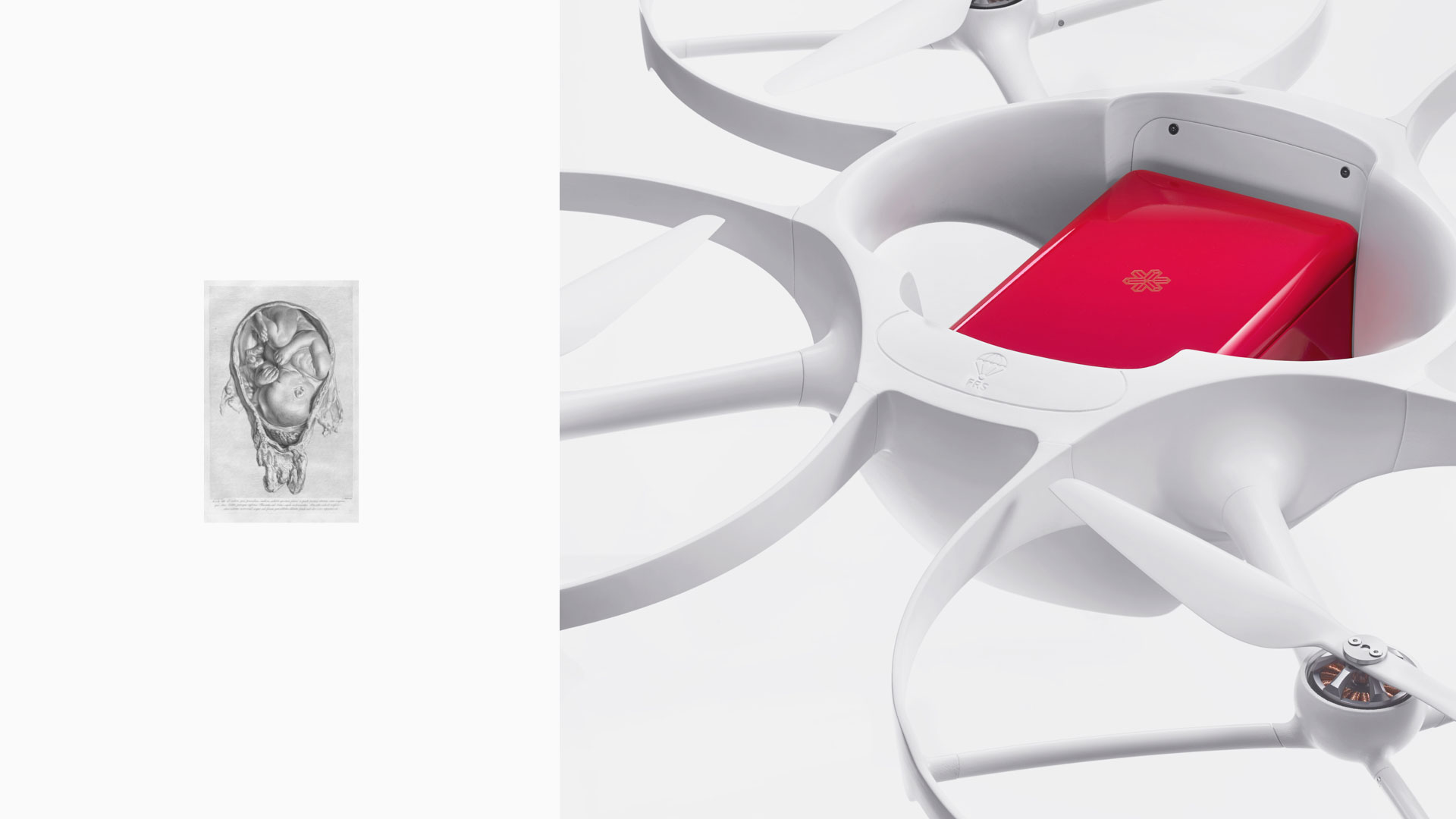
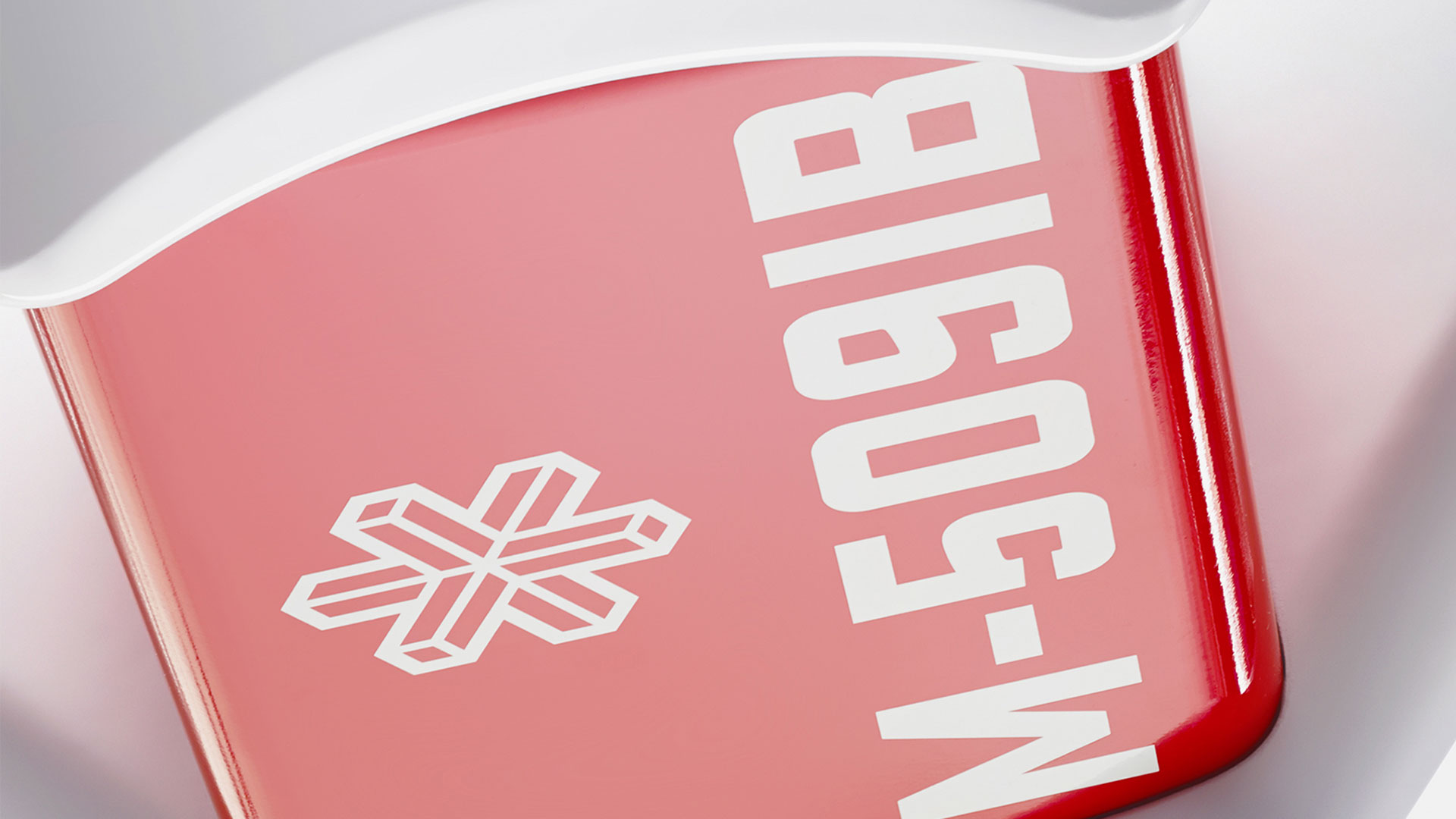


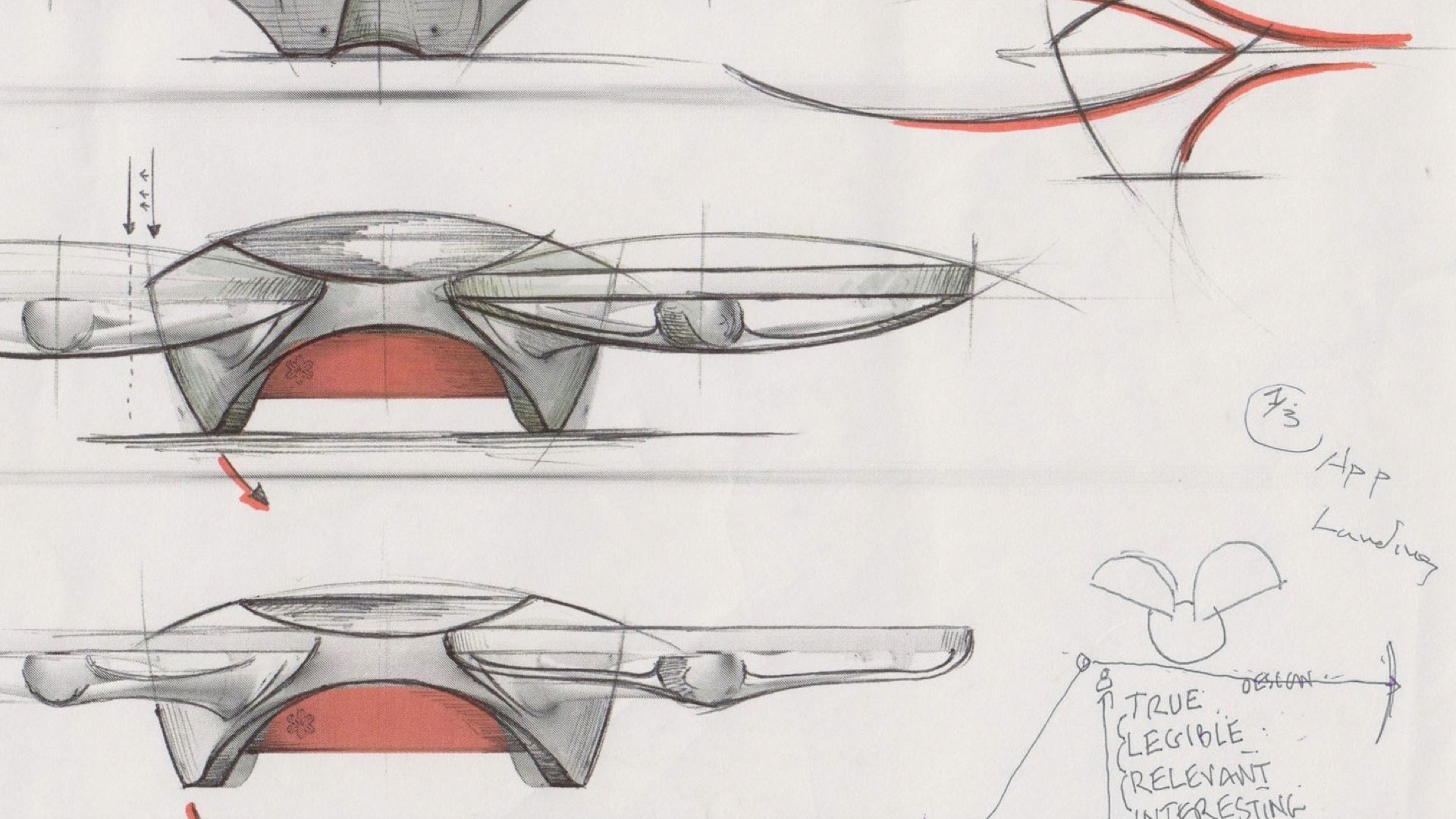









One of the first test of M1, we were told that it could create fear, but the community clearly realized that it was their vehicle which would benefit them.

The experience problem was complex. Communities would own and operate local drones that would be part of a much larger network. Managing a sophisticated machine needed to be cut down into simple tasks divided between hardware and software and the benefit clearly needed to outweigh the existing problem of moving trucks.

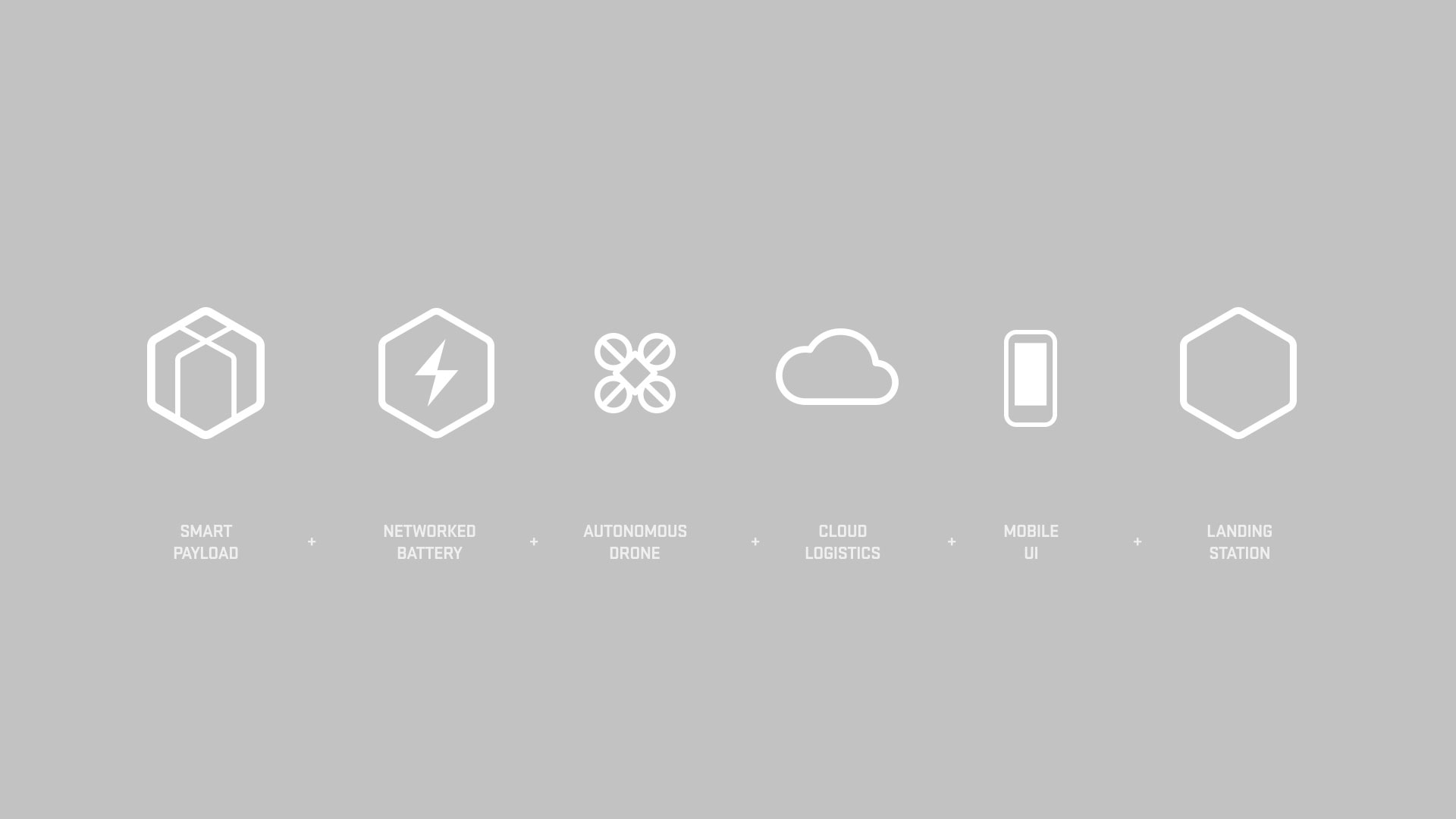
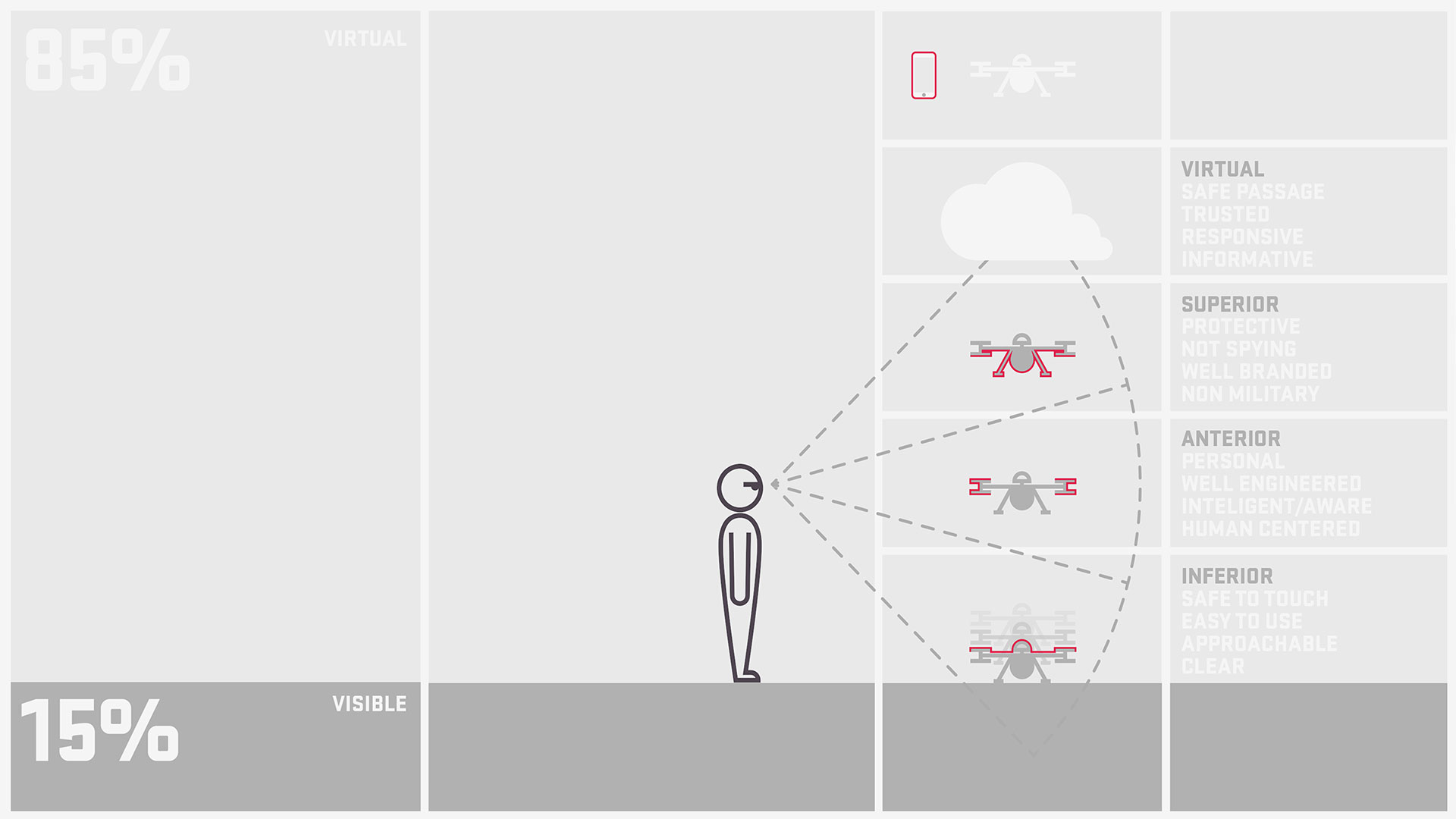




For M2, our nest vehicle autonomous charging and loading cut the experience problem in half. All the user needed to do was post a package and the system takes care of the rest.

Matternet’s brand identity needed to be a mix of technological prowess and approachable use. The symbol was inspired by a vehicle that doesn’t need to follow roads. So, unlike a street address, a Matternet address became the intersection of Longitude, Latitude and Altitude.








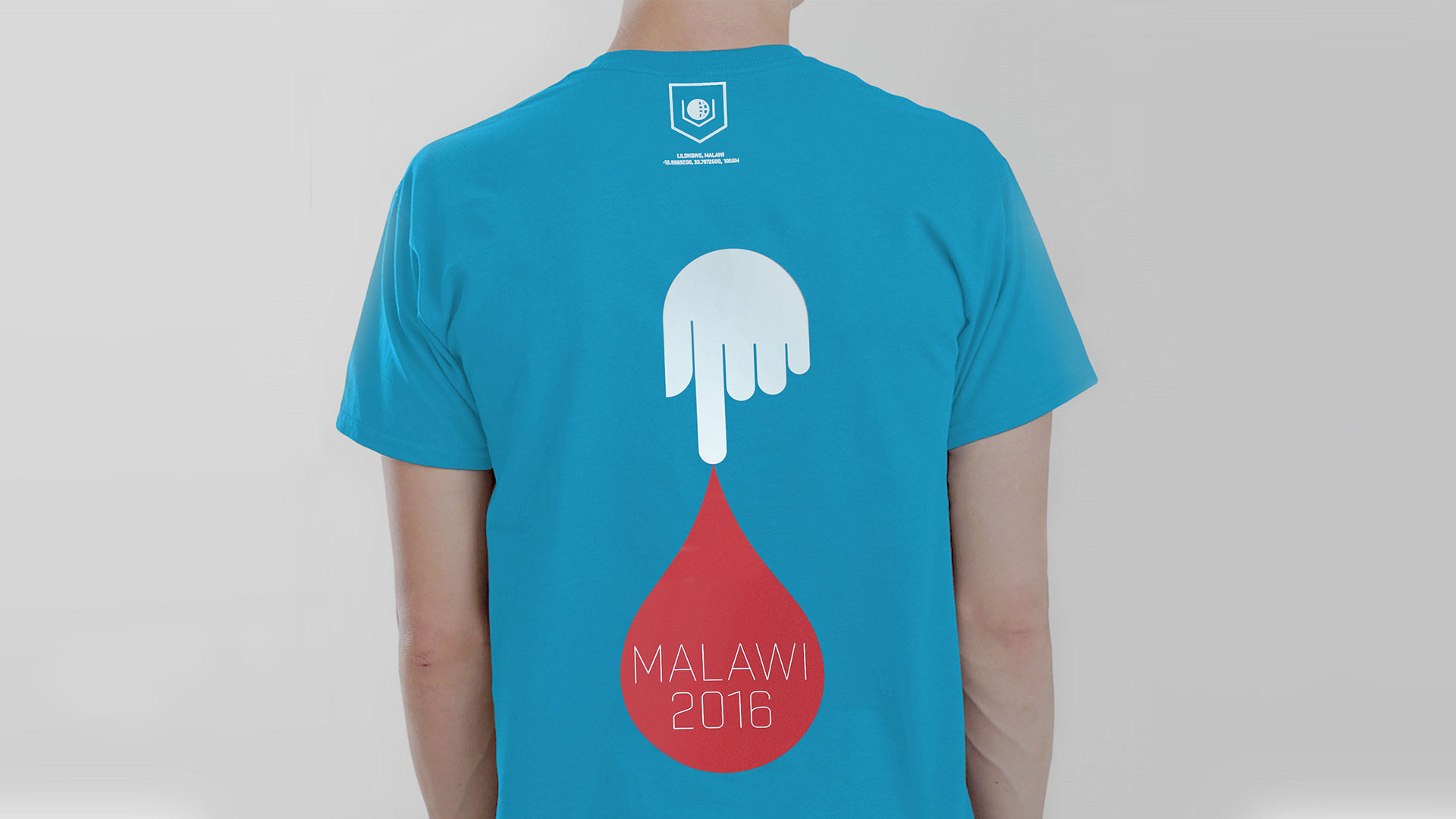
Using posters to communicate the future of drone transportation created deep affinity, in the same way that it did for cars, planes and trains.



